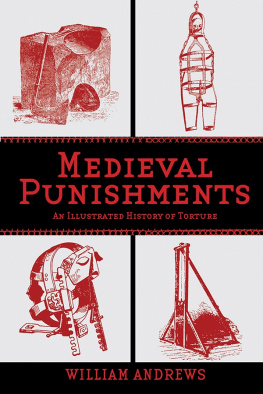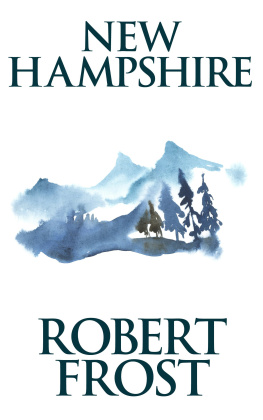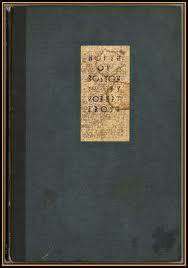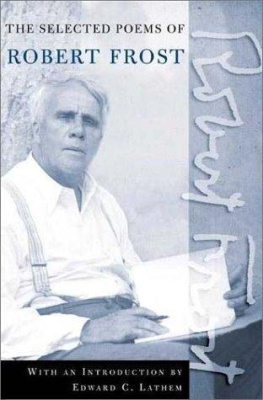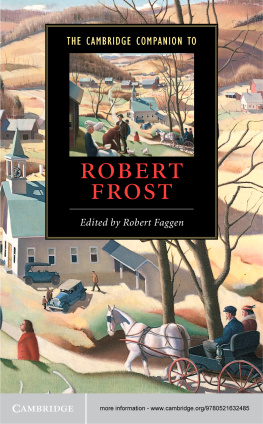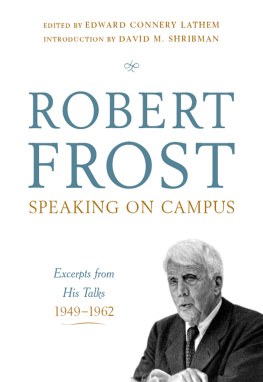PREFACE.
The aim of this book is to furnish a reliable account of remarkable frosts occurring in this country from the earliest period in our Annals to the present time. In many instances, I have given particulars as presented by contemporary writers of the scenes and circumstances described.
In the compilation of this Chronology, several hundred books, magazines, and newspapers, have been consulted, and a complete list would fill several pages. I must not, however, omit to state that I have derived much valuable information from a scarce book printed on the Ice of the River Thames, in the year 1814, and published under the title of Frostiana. I have gleaned information from the late Mr. Cornelius Walfords Famines of the World, which includes a carefully prepared summary of The Great Frosts of History. Some of the poems in my pages, bibliographical notes and facts, are culled from Dr. Rimbaults Old Ballads Illustrating the Great Frost of 1683-4, issued by the Percy Society. It will be also observed that I have drawn curious information from Parish Registers and old Parish Accounts.
Several ladies and gentlemen have rendered me great assistance, and amongst the number must be named, with gratitude, Mrs. George Linnus Banks, author of The Manchester Man; Mr. Jesse Quail, F.S.S. , editor of the Northern Daily Telegraph; Mr. C. H. Stephenson, actor, author, and antiquary; Mr W. H. K. Wright, F.R.H.S. , editor of the Western Antiquary; Mr. W. G. B. Page, of the Hull Subscription Library; Mr. Frederick Ross, F.R.H.S. , and Mr. Ernest E. Baker, editor of the Somersetshire Reprints. Mr. E. H. Coleman kindly prepared for me a long list of books and magazines containing articles on this subject. I have to thank Mr. Mason Jackson, the author of The Pictorial Press, for kindly presenting to me the quaint cut which appears on page 29 of my work.
In 1881, the greater part of the matter contained in this book appeared in the Bradford Times, a well-conducted journal, under the able editorship of Mr. W. H. Hatton, F.R.H.S. The articles attracted more than local attention, and I was pressed to reproduce them in a volume, but owing to various circumstances, I have not been able to comply with the request until now. The record is now brought up to date, and many facts and particulars, gleaned since the articles appeared, have been added.
WILLIAM ANDREWS.
Rose Cottage, Hessle, Hull,
January, 1887.
Decorative header
Famous Frosts and Frost Fairs in Great Britain.
A.D.
Thames frozen over for two months.
Very severe frost, lasting nearly three months. English rivers frozen, including the Thames.
A frost lasted three months, and was followed by a dearth.
A continuous frost of five months in Britain.
Thames frozen for nine weeks.
290-91
Severe frost lasted six weeks. English rivers frozen.
The frost very severe in England and Scotland. It lasted fourteen weeks in the latter country.
Four months frost, and great snow.
507-8
Frost lasted two months: rivers frozen.
Thames frozen for six weeks.
A frost lasting four months, followed by dearth in Scotland: also very severe in England.
A fatal frost. Short.
Thames frozen for six weeks, and booths erected on the ice.
759-60
Frost from October 1st, 759, to February 26th, 760.
Great frost after two or three weeks rain.
Thames frozen for nine weeks.
The greater part of the English rivers frozen for two months.
Thames frozen for thirteen weeks.
The frost this year was so great as to cause a famine.
Severe frost.
This year is notable for a frost lasting one hundred and twenty days.
Thames frozen for five weeks.
1020
Very severe frost.
1035
Short says: Frost on Midsummer day; all grass and grain and fruit destroyed; a dearth.
1059
Great frost, followed by a severe plague and famine.
1061
Thames frozen for seven weeks.
1063
Fourteen weeks frost: Thames frozen.
1076-7
Frost lasted from 1st November, 1076, to 15th April, 1077. It is recorded in the Harleian Miscellany, iii, page 167, that: In the tenth year of his [William the Conqueror] reign, the cold of winter was exceeding memorable, both for sharpness and for continuance; for the earth remained hard from the beginning of November until the midst of April then ensuing.
1086
According to Walfords Insurance Cyclopdia, The weather was so inclement that in the unusual efforts made to warm the houses, nearly all the chief cities of the kingdom were destroyed by fire, including a great part of London and St. Pauls.
1092
In this year occurred a famous frost, and it is stated, in the quaint language of an old chronicler, that the great streams [of England] were congealed in such a manner that they could draw two hundred horsemen and carriages over them; whilst at their thawing, many bridges, both of wood and stone, were borne down, and divers water-mills were broken up and carried away.
1095-99
Very severe winters.
1114-15
The following is from an Old Chronicle: Great frost; timber bridges broken down by weight of ice. This year was the winter so severe with snow and frost, that no man who was then living ever remembered one more severe; in consequence of which there was great destruction of cattle.
1121-22
A severe frost killed the grain crops. A famine followed.
1128
Very severe frost.
1149-50
Frost lasted from 10th December to 19th February.
1154
A great frost.
1176
A frost lasted from Christmas to Candlemas.
1205
In Stows Chronicle, it is recorded that on the 14th day of January, 1205, began a frost which continued till the 20th day of March, so that no ground could be tilled; whereof it came to passe that, in the summer following, a quarter of wheat was sold for a mark of silver in many places of England, which for the most part, in the days of King Henry II., was sold for twelve pence; a quarter of oats for forty pence, that were wont to be sold for fourpence. Also the money was so sore clipped that there was no remedy but to have it renewed. Short states, Frozen ale and wine sold by weight.
1207
Fifteen weeks frost.
1209
A long and hard winter followed by dearth.
1221
Severe frost.
1226
Severe frost and snow.
1233
Frost lasted until Candlemas.
1234-35
Penkethman gives the following particulars of this frost: 18 Henry III. was a great frost at Christmasse, which destroyed the corne in the ground, and the roots and hearbs in the gardens, continuing till Candlemasse without any snow, so that no man could plough the ground, and all the yeare after was unseasonable weather, so that barrenesse of all things ensued, and many poor folks died for the want of victualls, the rich being so bewitched with avarice that they could yield them no reliefe.




